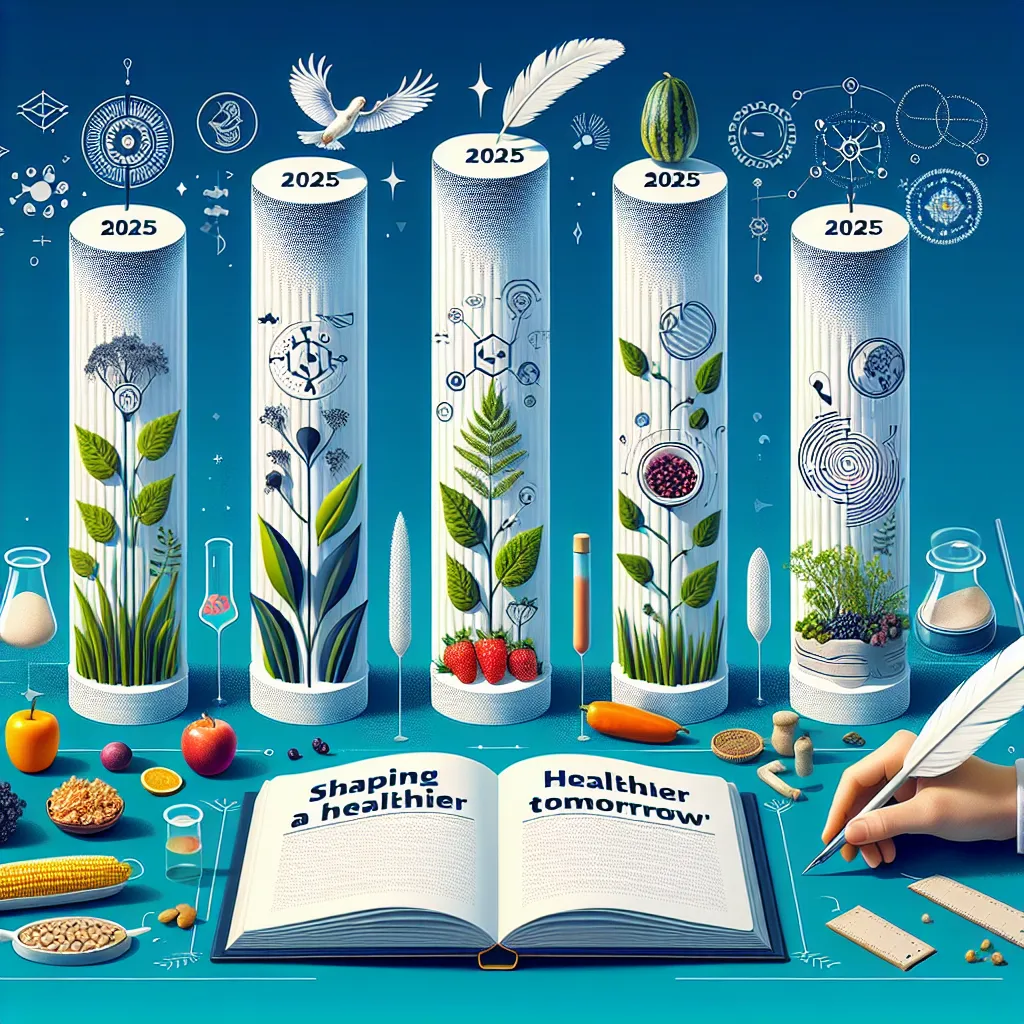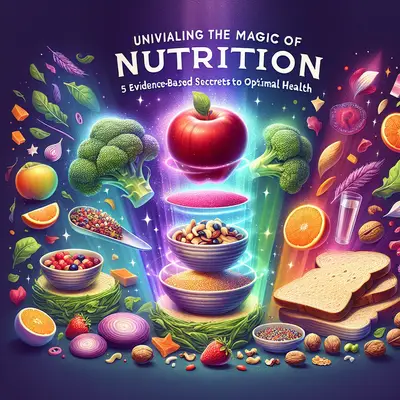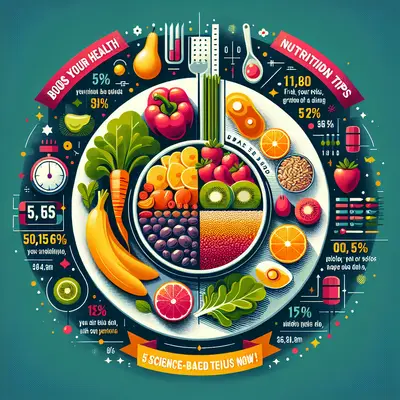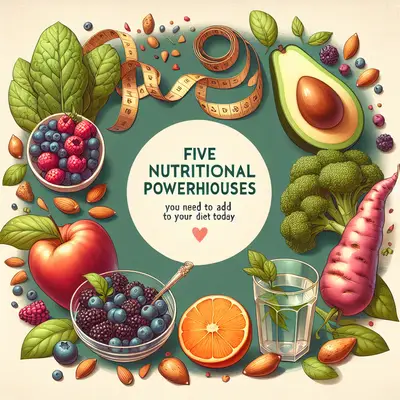1. Personalized Nutrition
The one-size-fits-all approach to nutrition is becoming a thing of the past. Personalized nutrition, which tailors dietary recommendations based on an individual's unique genetic profile, lifestyle, health status, and food preferences, is on the rise. Studies suggest that personalized nutrition can lead to better health outcomes, including weight management and chronic disease prevention ^(1^).
2. Plant-Based Supplements
With the increasing global awareness of climate change and animal welfare, more people are embracing plant-based diets. This has paved the way for a surge in plant-based supplements. From protein powders derived from peas and hemp to omega-3 supplements sourced from algae, these vegan-friendly options offer an eco-friendly alternative to traditional supplements ^(2^).
3. Gut Health Focus
The importance of gut health has taken center stage in the world of nutrition. A healthy gut microbiome can influence everything from digestion to immunity and even mental health. Probiotic supplements and fermented food products enriched with beneficial bacteria are gaining popularity. Research supports the role of probiotics in managing conditions like irritable bowel syndrome and boosting immune health ^(3^).
4. Nootropic Supplements
Nootropic supplements, also known as "smart drugs" or cognitive enhancers, have become a hot topic. These supplements contain ingredients like omega-3 fatty acids, B vitamins, and caffeine, which are thought to improve cognitive functions like memory, creativity, and motivation. While research on nootropic supplements is still in its early stages, some studies suggest potential benefits for cognitive health ^(4^).
5. Sustainable Packaging
The nutrition industry is also becoming more conscious of its environmental footprint. Many supplement companies are now prioritizing sustainable packaging, using materials like recycled plastic, biodegradable paper, and compostable pouches. This trend not only contributes to environmental conservation but also appeals to the increasing number of consumers who value sustainability ^(5^).
Conclusion
The future of nutrition is here, and it's exciting, personal, and eco-conscious. By embracing these cutting-edge trends, we can make informed decisions about our diet and supplements that benefit not only our health but also our planet.
_References_
^1^: Gardner, C. D., Trepanowski, J. F., Del Gobbo, L. C., Hauser, M. E., Rigdon, J., Ioannidis, J. P. A., ... & King, A. C. (2018). Effect of low-fat vs low-carbohydrate diet on 12-month weight loss in overweight adults and the association with genotype pattern or insulin secretion: the DIETFITS randomized clinical trial. JAMA, 319(7), 667-679.
^2^: Rogerson, D. (2017). Vegan diets: practical advice for athletes and exercisers. Journal of the International Society of Sports Nutrition, 14(1), 1-15.
^3^: Hill, C., Guarner, F., Reid, G., Gibson, G. R., Merenstein, D. J., Pot, B., ... & Calder, P. C. (2014). The International Scientific Association for Probiotics and Prebiotics consensus statement on the scope and appropriate use of the term probiotic. Nature reviews Gastroenterology & hepatology, 11(8), 506-514.
^4^: Kennedy, D. O. (2016). B vitamins and the brain: mechanisms, dose and efficacy—a review. Nutrients, 8(2), 68.
^5^: Marsh, K., & Bugusu, B. (2007). Food packaging—roles, materials, and environmental issues. Journal of food science, 72(3), R39-R55.



